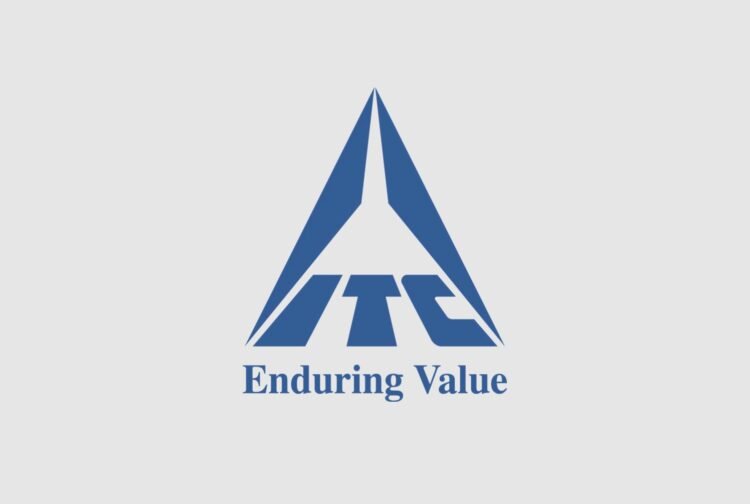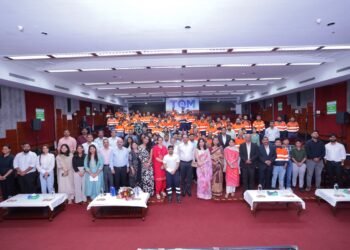Through AI-enabled climate modelling and extensive climate change resilience measures, ITC is setting a benchmark in corporate climate action.
- Conducting Comprehensive Climate Risk Assessments Across Key Agri Value Chains, Factories, Hotels, and Warehouses
NEW DELHI (India CSR): ITC is proactively addressing the short, medium, and long-term physical risks of climate change. The company collaborates with climate experts to conduct comprehensive climate risk and vulnerability assessments using advanced AI-enabled climate modelling tools.
AI-Driven Climate Modelling
ITC employs the latest AI technology to project climate risks over decadal time frames until 2100. These assessments cover key agri value chains and operating locations, including factories, hotels, and warehouses. The AI tools model climate hazards related to temperature changes, precipitation, sea level rise, flooding, and extreme weather events under various Shared Socioeconomic Pathways (SSPs) scenarios (SSP1-2.6, SSP2-4.5, and SSP5-8.5).
Farm-Level Studies and Climate-Resilient Practices
ITC has conducted detailed farm-level studies to understand the potential impacts of climate change on its key agri-value chains. These risk assessments aid in refining climate resilience measures across ITC’s value chains. Significant work is being done to develop climate-tolerant crop varieties and promote climate-resilient and regenerative agronomic practices for major crops like wheat, pulpwood, and leaf tobacco.
Assessments of 140 Locations
Over 140 ITC locations, including both owned and key value chain facilities, have been assessed for climate risk. Based on these assessments, site-specific studies are conducted to develop tailored adaptation plans and strategies.
Transitioning to a Low Carbon Economy
ITC’s climate strategy emphasizes both transitioning to a low carbon economy and adapting to the impacts of climate change. The company is pursuing a low carbon growth strategy through extensive decarbonization programs across its value chain. These initiatives include increasing renewable energy use, reducing specific energy consumption, constructing green buildings, greening logistics, optimizing distance-to-market, and promoting regenerative agriculture practices.
Life-Cycle Analysis and Sustainable Products
ITC is also conducting life-cycle analysis (LCA) studies to develop innovative and sustainable products that align with growing consumer preference for climate-friendly products. This effort is part of ITC’s broader strategy to combat climate change and contribute to a net-zero economy.
(India CSR)






















